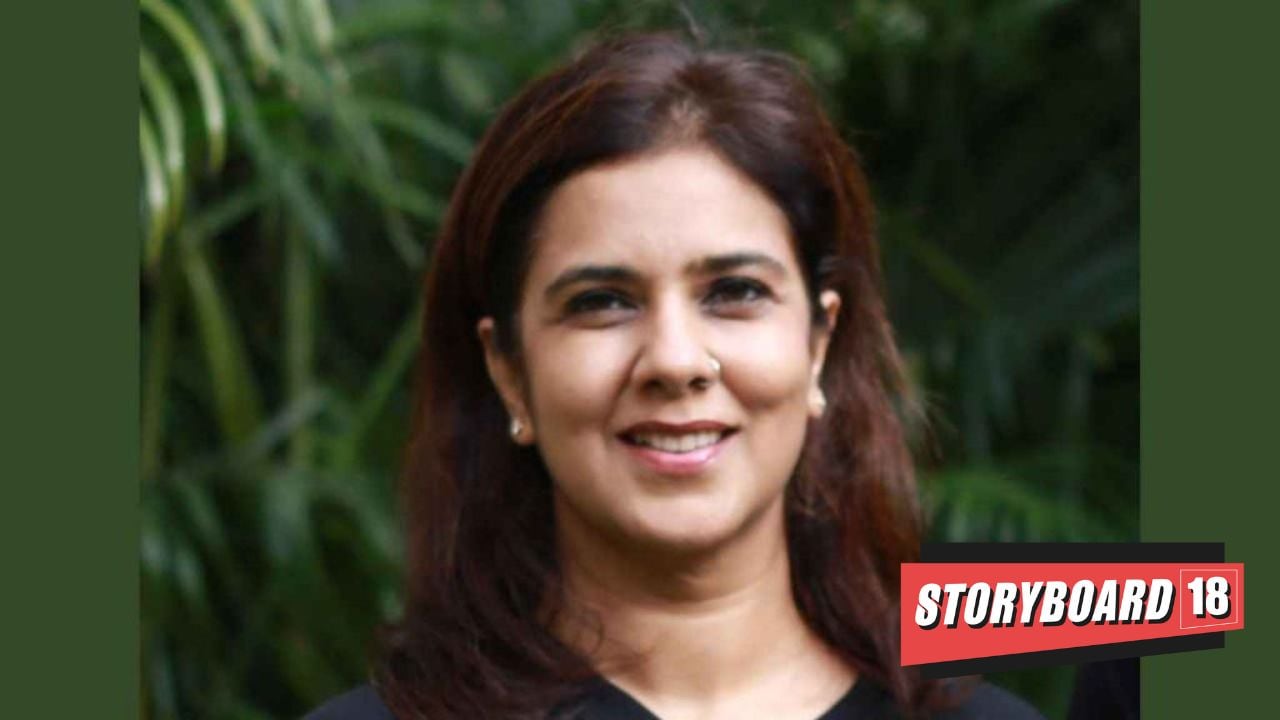In a LinkedIn post, Manisha Kapoor, chief executive officer and secretary general of the Advertising Standards Council of India (ASCI), shared that after so-called health influencers and finfluencers (financial influencers), their LinkedIn counterparts or Linkedfluencers are the latest to be in the line of fire. “It was rightly pointed out by the person who tagged ASCI that a co-founder of an agency should have been aware of the influencer disclosure norms outlined by ASCI. (By the way, these disclosure requirements are now also a part of the law.),” she posted.
Kapoor further highlighted that another post caught her attention where someone was praising a liquor brand. The disclosure “ad” appeared at the very end of the post and the advertiser also seemed unaware that directly promoting liquor could potentially lead to legal trouble.
Storyboard18 caught up with Kapoor to understand transparency standards, legal regulations and her expectations from Linkedfluencers. ‘
Edited excerpts:
In light of the recent incidents mentioned in your LinkedIn post, what steps does ASCI recommend for influencers to ensure that their disclosures are not only made but also placed appropriately to meet the transparency standards set by ASCI and legal regulations?
The ASCI guidelines are quite clear, and already established. It says disclosure must be upfront and it must be prominent. It must not be buried under other hashtags… We have been seeing more people putting disclosures but sometimes some people put it incorrectly or put it at the end where others cannot see it properly. So then it’s not completely meeting the guidelines, just partially. Even though the rules aren’t new, we need to constantly reinforce what the law says.
Given the growing trend of professionals using LinkedIn as a platform for paid promotions, how does ASCI intend to educate and create awareness among influencers about the potential legal consequences of not adhering to disclosure norms, especially when promoting products like liquor?
If you are an influencer, you have to be careful about what you are promoting. When you are putting it in the form of an advertisement, the law could take note of it.
I expect a lot more due diligence from these professionals. LinkedIn is a platform where typically everyone is a professional. These people are not small-town influencers who may not necessarily know the law. These are all professional; some of them are in the advertising, communication and marketing industry. Therefore, one would expect that there is a degree of understanding of various laws that govern your work. You may not be an expert in them but have to be familiar with them if it impacts your work. Agencies need to take note of that and be aware of the governing regulations.
What types of rule violations are you currently observing on LinkedIn?
It’s the same as on any other platform. On Instagram, it’s relatively easier because you are seeing a product mentioned. On LinkedIn it can be a little more difficult to understand whether a post is an ad or not. You may see a product mentioned on LinkedIn but a lot of the time, the people there are giving professional opinions which are not there in an ad.
The idea here is that if someone has paid me to promote or if I have a material connection, then I need to disclose that. No one is saying that it can’t be done; it can very much be done, promoting is not illegal, but you need to disclose that it is a promotion and if you are promoting something which you are not allowed to, that can be an issue.
In the light of the blurring lines between organic content and paid promotions on LinkedIn, how does ASCI envision strengthening its monitoring and enforcement mechanisms to address instances where influencers fail to disclose paid promotions adequately?
On LinkedIn, it is given that people are of a certain professional calibre. There is a certain educational standard, and certain awareness about the industry and its practices. Therefore, even though ASCI has its own surveillance, we do expect people to call this kind of act out. You can tag ASCI and we will take a note of it.
